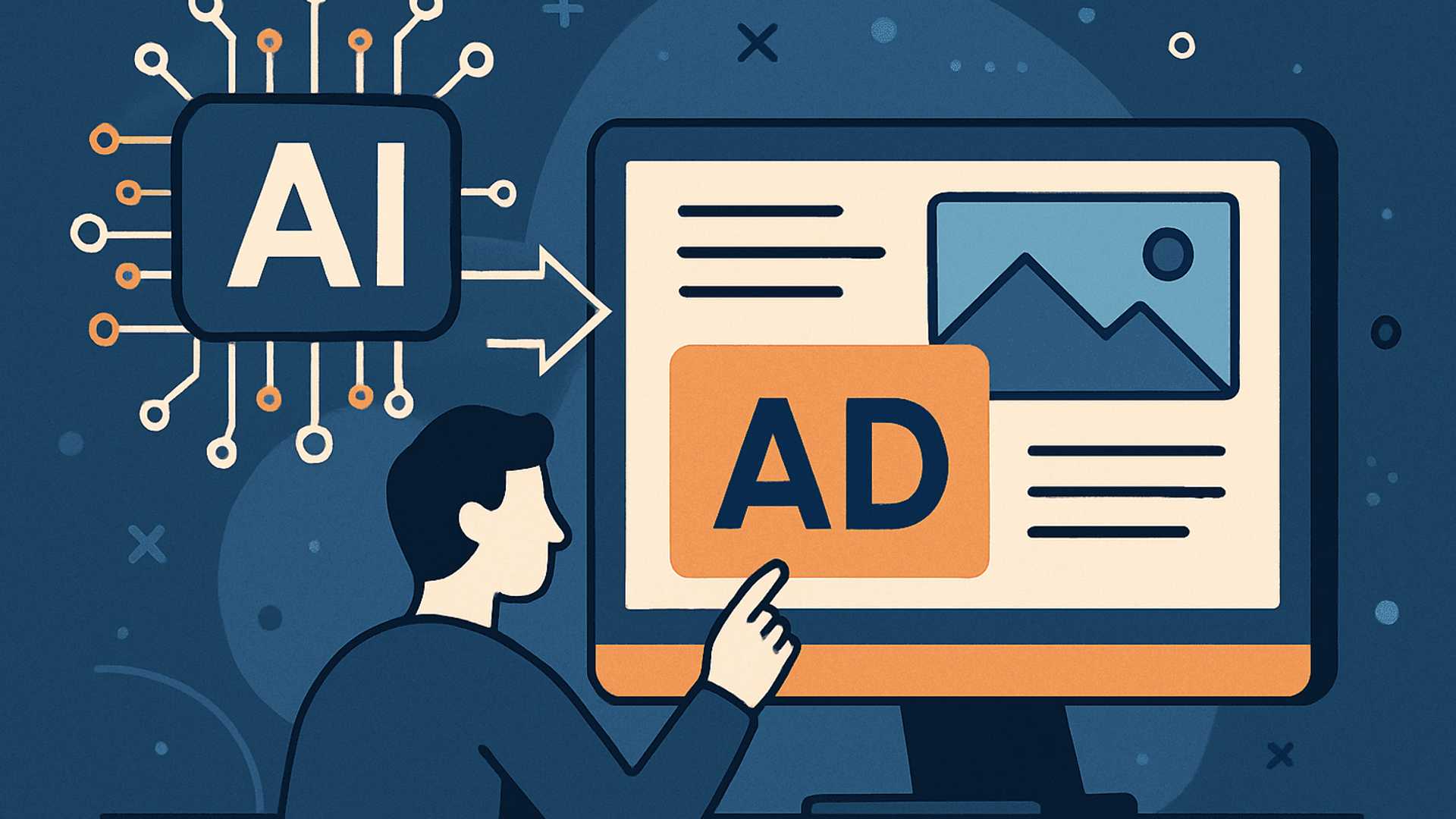Meta to Fully Automate Ads with AI by 2026
Imagine running an ad campaign by simply uploading a product image and entering your budget. No more manually designing creatives, writing copy, or managing audience targeting. That’s exactly what Meta (formerly Facebook) is aiming for by the end of 2026, according to a report from the Wall Street Journal.
AI-Driven Advertising Engine
Meta’s plan is to build a full-scale, AI-driven advertising engine that can generate visuals, copy, video, targeting logic, and budget allocation—all based on a single product image or URL. Advertisers, especially small-to-mid-sized businesses, will be able to run campaigns across Facebook, Instagram, and other Meta properties with minimal input.
End-to-End Automation
This AI approach builds on Meta’s earlier innovations, such as Advantage+ Shopping Campaigns, which already automate significant portions of the ad process. What’s new is the end-to-end nature of this tool, powered by Meta’s large-scale AI models and real-time user data (location, behavior, trends).

For example, a small business owner could upload a product photo of a handmade lamp, enter a $200 budget, and Meta’s AI would create various ad versions (video reels, carousel posts, static images), write headlines and CTAs, pick ideal user segments, and optimize placements in real time.
Challenges and Opportunities
This automated approach promises incredible efficiency and cost savings, but it also raises concerns over brand identity, ad quality, and AI overreach. Critics argue that such automation could dilute creativity and result in homogenous content flooding users' feeds.
Still, Meta’s vision is clear: democratize ad access and lower the barrier to entry. With over 3.4 billion active users across its platforms, the potential for scalable, automated ad creation could completely redefine digital marketing as we know it.

The Future of Marketing
As AI becomes more embedded in the creative process, marketers must adapt. Instead of manually building campaigns, the future role of marketers may shift toward strategic oversight and brand steering, letting AI handle the heavy lifting.




















